
Teachers play a critical role in the lives of children for which we will be eternally grateful. But there is no denying that teaching can be tough. It has its many demands and catching up can be challenging. Sometimes non-commensurate pay doesn’t even make it better. Of course loving what you do can make it feel less of a herculean task but for everything including things we love, it still requires effort and commitment. Teachers seek to inspire students, impart knowledge, be role models and promote learning. When these goals are achieved, the feeling can be surreal but what it takes to achieve these goals today is different from what it took 10 years ago. Times are changing and so are teaching methods.
Once upon a time, children with special educational needs would have no choice than to go to special schools (if they exist). Some may not even go to school because our mainstream schools and classrooms did not (and many still do not) have the right tools and resources to support these children. But things are changing. Research now shows that a lot of children may not need to attend special schools if only teachers can modify their teaching methods to ensure that every child learns.
This means one thing- For us to make any meaningful progress with promoting an inclusive learning environment for all children, we need teachers more than ever before to move away from some old practices and embrace new ones. This change and adaptation will not be easy but it is what will stop us from going extinct in the first place. It is also what will help us ensure that we get over the barriers that are in the way of our children’s learning- one child, one school at a time.
An inclusive learning environment for all children CAN BE ACHIVED and we are counting on you and your love for what you do to make this happen.

From Basirat Razaq-Shuaib Yes! My book “I am not naughty- I really really mean it!” made the finalist selection of the British Council ELTons Innovation […]
Read More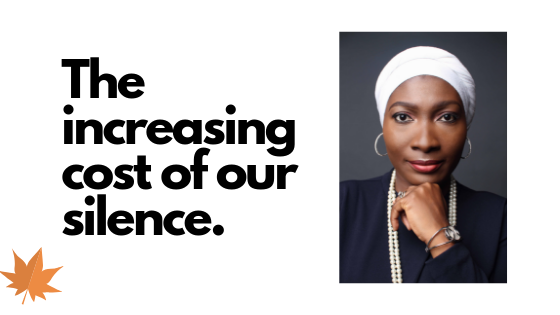
Last month I went to a primary school to do a book reading. This book reading program is a pioneering initiative of The Winford Centre […]
Read More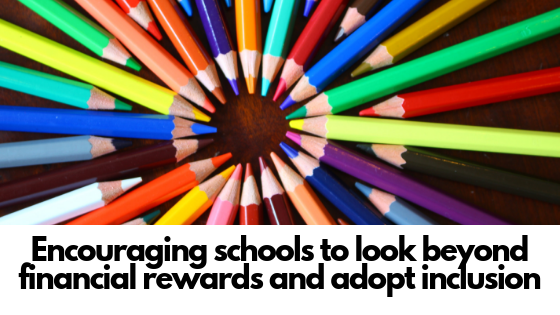
The child comes first, always. The way to address an issue is to first talk about the issue. In talking about it, we want to […]
Read More
Dear parent, carer, educator and concerned individual out there, it is very possible that you may notice an unusual pattern with a child’s development or learning […]
Read More
Many times, you may find that if you tell an adult with Autism or a parent who has a child with Autism that their child […]
Read More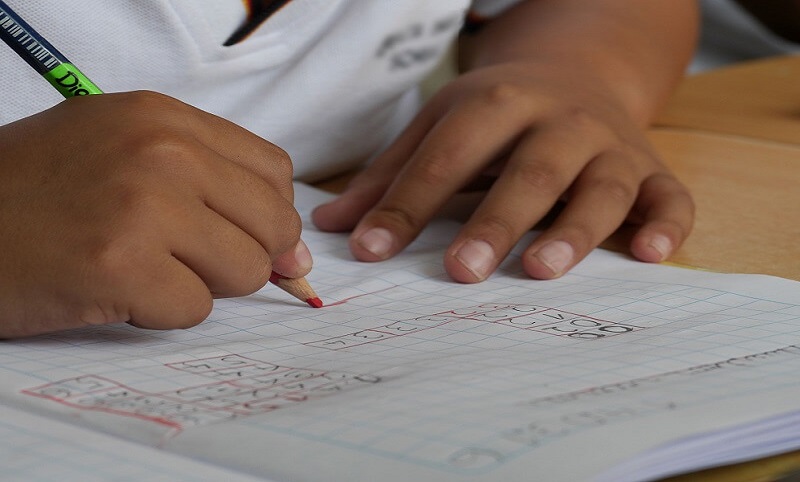
Dysgraphia is a neurological disorder characterised by a difficulty in handwriting. Having dysgraphia doesn’t make a child lazy. Writing involves a number of complex skills […]
Read More
Every now and then when we come across a child who is crying loudly, my son goes: “Look mummy he/she is crying like a baby”. […]
Read More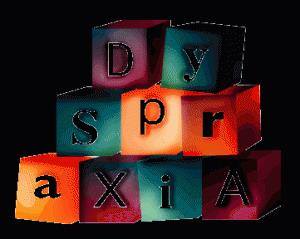
Dyspraxia also known as Developmental Coordination Disorder is a motor disorder which affects gross and fine motor skills in infancy and early childhood. It is […]
Read More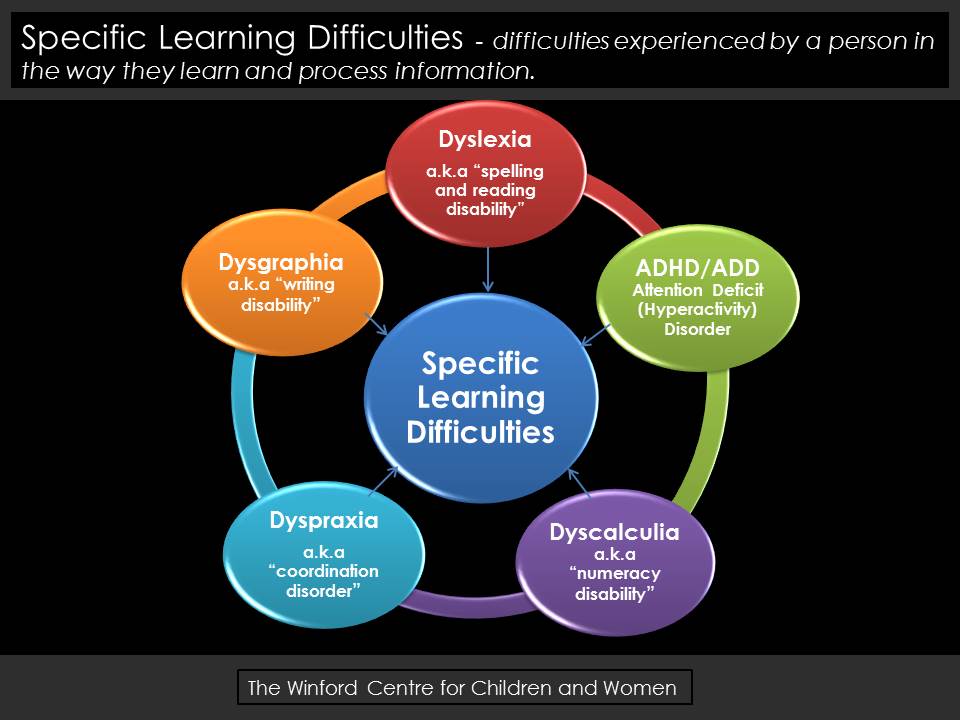
As your children start to grow, you may notice that they are struggling with certain areas of their learning. Sometimes, this may be as a […]
Read More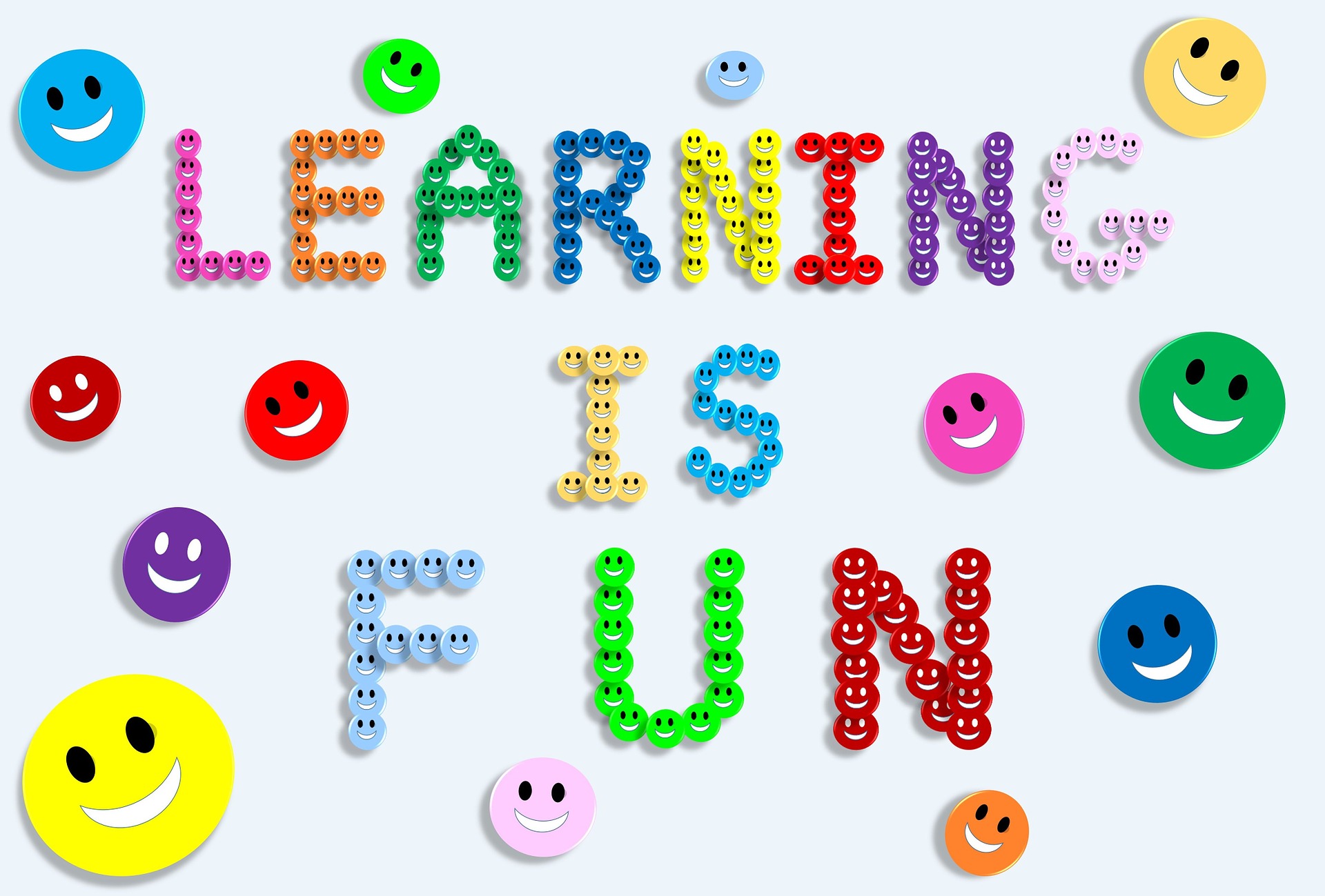
All children learn at different paces, and it is not uncommon to find that special needs children can take a bit longer to learn basic […]
Read More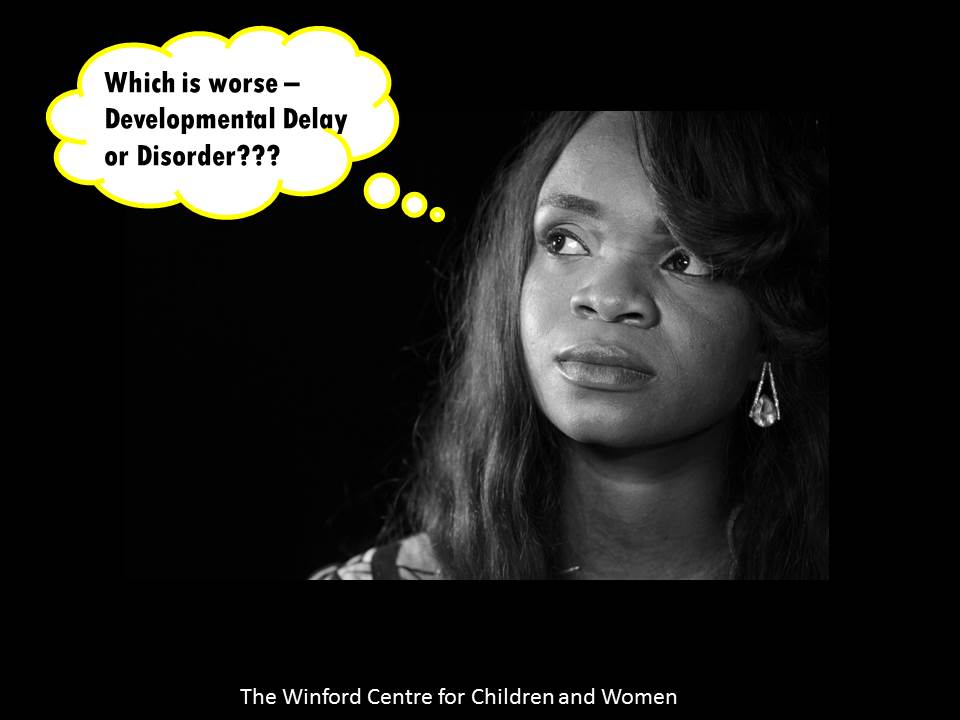
Without understanding fully what either term means, you are probably thinking one is worse than the other. This is not necessarily so. Somewhere in your […]
Read More
Yes it is possible for your children to see the world without spending a fortune. Buy them books If you can’t afford new books, […]
Read More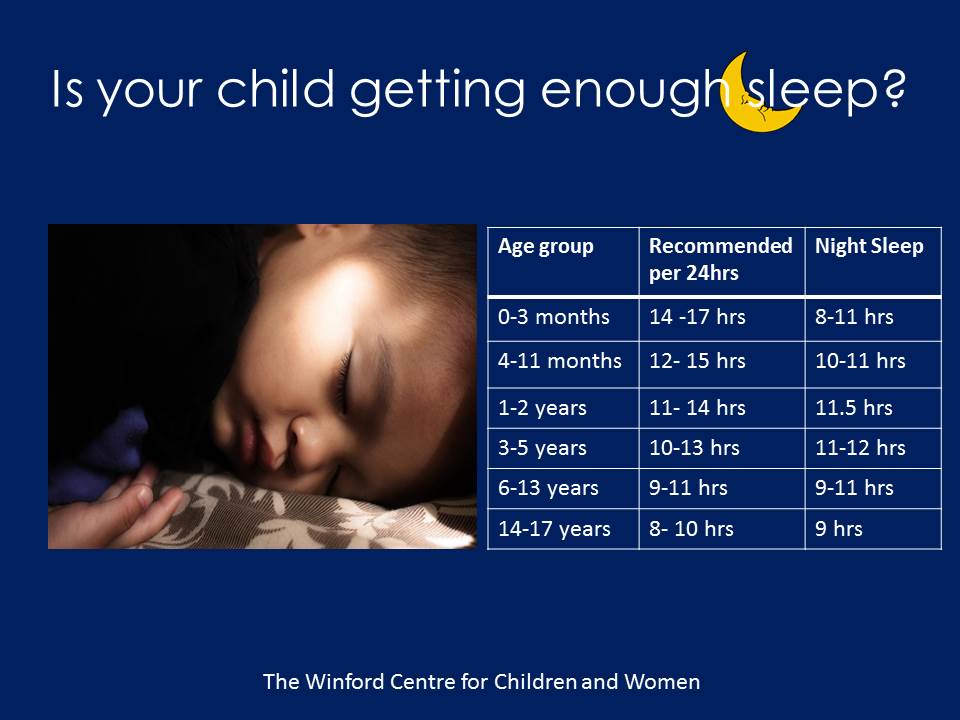
You are busy…very busy. You have to work and make ends meet. So your child like an adult, starts their day at 5.00am. They need […]
Read More
This is a society where we believe “it takes a community to raise a child”. Therefore, we are automatically entitled to giving parenting advice to […]
Read More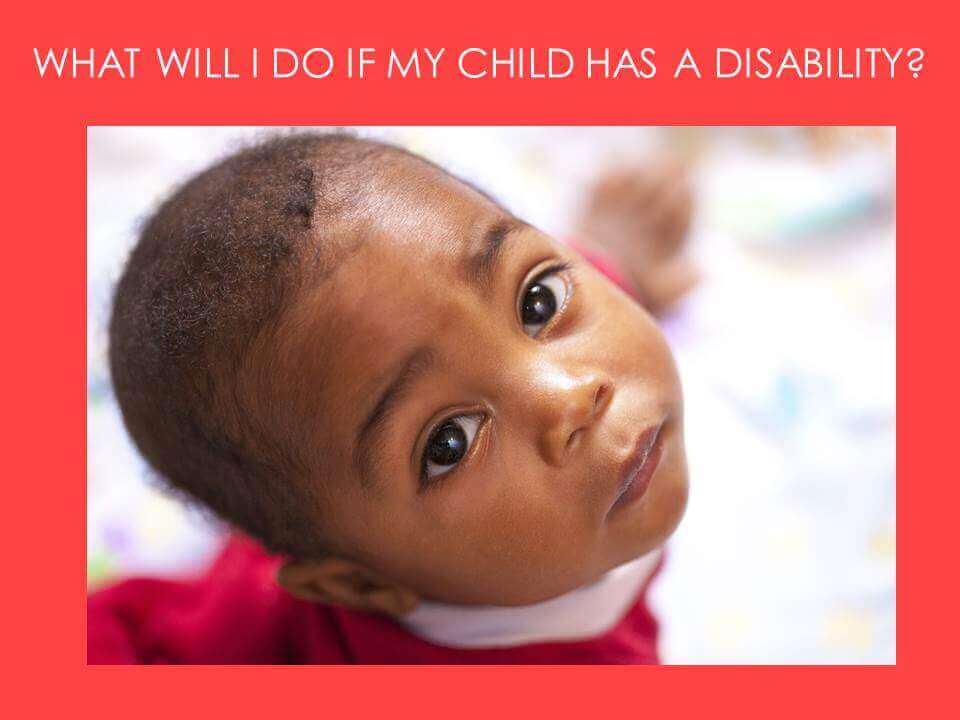
God forbid!!! It is not my portion!!! Ok let’s stop there. It is just a question (one worth giving a thought). A disability is not […]
Read More